Could you first introduce yourself to the reader?
I’m Matt, 30 years old and living in sunny Exeter, UK! I’m the founder of UppFutures, a charity operating in Ghana, which I combine with a full-time Digital Marketing job and co-running a meal prep business, Packed Kitchen.
Tell us a little about your background?
I spent a long time not knowing what I wanted to do, torn between the expectation of finding a career and doing something fulfilling. This was initially the inspiration for starting Packed Kitchen, which I co-founded with my partner Joanna around four years ago. We wanted to create a meal prep business that led by example in sustainability and social responsibility. Too many companies, and in particular multinational corporations, don’t seem to take issues such as climate change and ethical practices seriously — so we want ours to be different and lead by example.
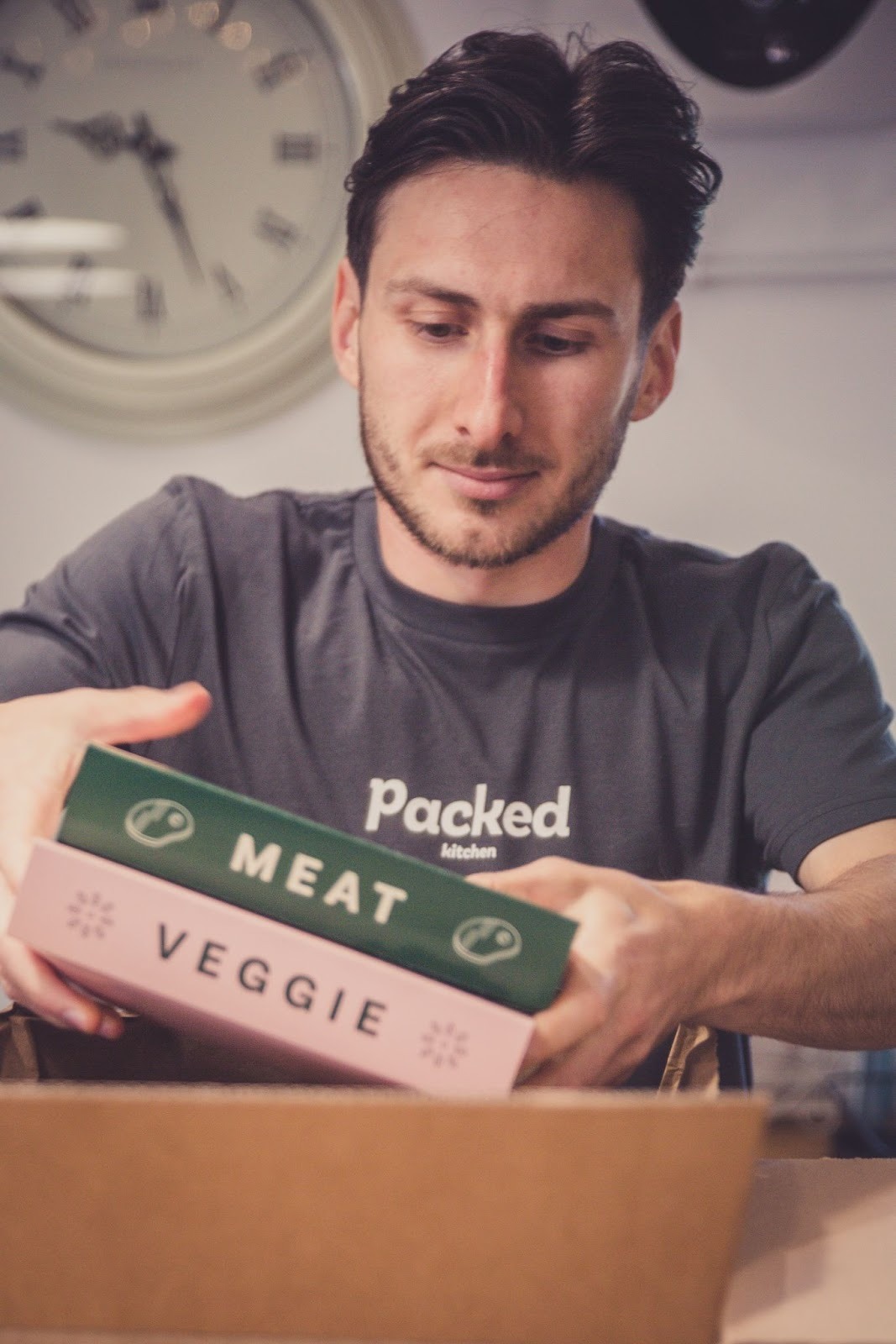 It’s only within the past 18-24 months that I’ve finally found my voice in raising awareness on the problems the global society faces and trying to actively make a difference. It’s a regret that I didn’t do this sooner. For too long, I didn’t think I had the power to make a difference, but finding organisations like the Future Leaders Network has empowered me to speak up for what I believe in.
It’s only within the past 18-24 months that I’ve finally found my voice in raising awareness on the problems the global society faces and trying to actively make a difference. It’s a regret that I didn’t do this sooner. For too long, I didn’t think I had the power to make a difference, but finding organisations like the Future Leaders Network has empowered me to speak up for what I believe in.
What inspired you to create UppFutures, and can you tell us more about it?
I visited Ghana in April 2019 with a group of friends to celebrate a birthday. It sounds cliche, but I was struck by the warmth and welcome of the people I met. Whilst I was there, I also met some volunteers working in a local school. It was then I was introduced to some of the inequalities that exist in the country. From that moment, I was determined to learn more about the inequalities that affected education in Ghana. The thought that motivated me the most was thinking how opportunities can be so different depending on where we were born. I’ve been so lucky to live the life I’ve had, so how can I improve the opportunities for others who haven’t been so fortunate?
I recognise that many great charities and projects are already looking to reduce educational inequalities, but research showed there weren’t any organisations providing school uniforms. Whilst school is typically free in Ghana, school uniforms are often mandatory and come with a cost that some families cannot afford. Research has shown that the cost of school uniforms can prevent children from attending school or even dropping out. UppFutures provides school uniforms to schools in rural areas to enable more children to stay in education. Even with my limited experience and knowledge, I knew that I had the ability to provide uniforms that will help some children stay in school. Nothing you do for children is ever wasted.
What do you hope to change?
We shouldn’t live in a world where children are forced into work at the expense of their education. For many people, it’s easy to point the finger at the governments of countries like Ghana, but we must also look at the impact of our actions in the UK. From the items we consume to the policies, we vote for – if we take more responsibility, we can improve the lives of others and enhance the opportunities available to people all over the world.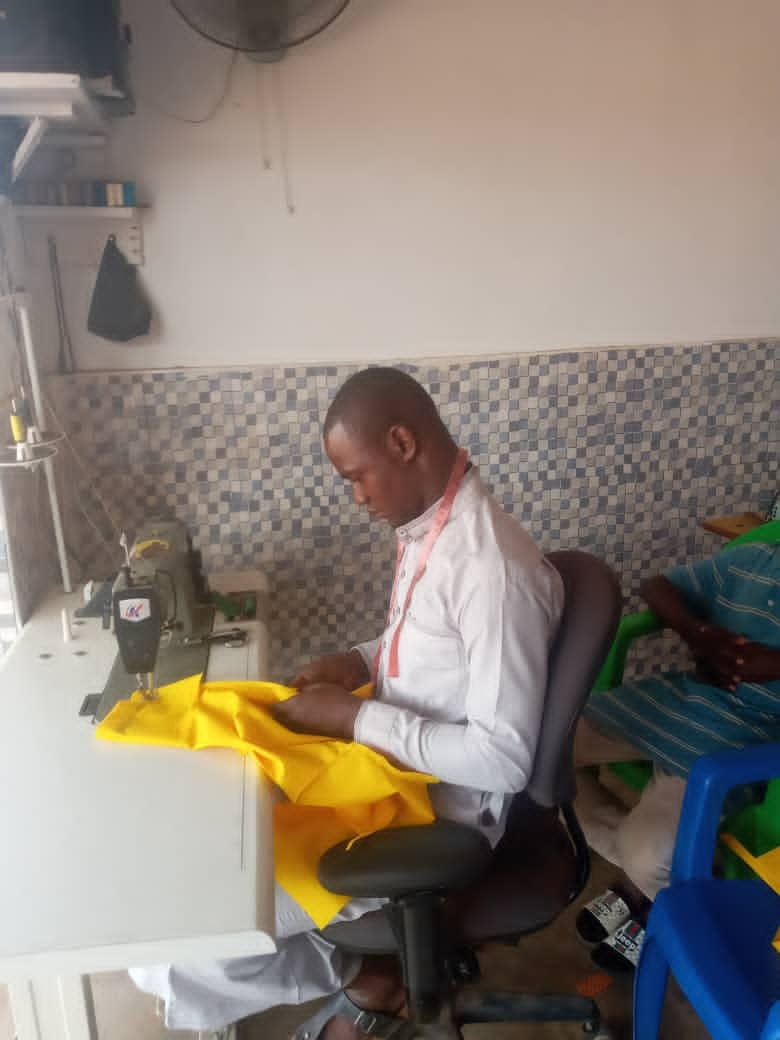
To begin with, UppFutures wants to get more uniforms for children so that they can attend or stay in school. A small start but a step in the right direction.
Part of our work is also educating the public in the UK and hopefully creating a more conscious community of people who take an interest in global affairs.
What’s your biggest concern for young people in education?
My greatest concern is that there aren’t enough young people in education. Think of the millions of young people who could contribute so much insight and intelligence to making the world a better place but are robbed of that chance through no fault of their own. Once they are in education, there’s still a battle to ensure they don’t drop out – this is still prevalent in Ghana and something we hope to address by reducing the impact of economic factors such as the cost of uniforms or equipment.
What has been the most significant moment in this experience so far?
We recently delivered our first batch of uniforms to a school in Tamale, Northern Ghana. It was proof that it is possible to make a difference, armed with nothing more than a laptop. Everything the charity has organised has been remote, from finding schools to partner with to arranging the fabrication of the uniforms. But seeing photos and videos of the students being given their uniforms was the highlight so far.
Seeing how much school means to these children inspires me to do more myself.
Are there any particular developments or changes you hope to see? If so, what are they?
The ultimate aim of any charity is to be no longer needed. We want all children to have access to formal education for the entirety of their childhood and remove any barriers that prevent them from completing it. For example, some of this is policy change, lobbying Ghanaian parliament to provide more uniforms across their country and lobbying the UK government for tighter regulations on businesses to ensure supply chains are free from child labour and ensure we’re not part of the problem.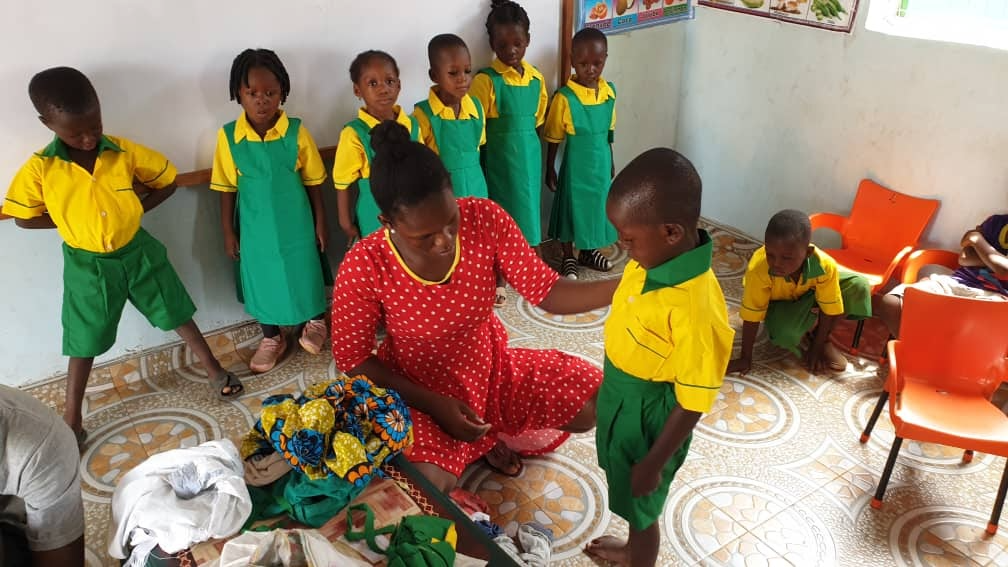
Do you have any upcoming projects?
We will continue to provide uniforms for our partner school, The Prince and Princess Academy, ensuring their students remain in education. We are also looking for new partner schools to work with.
We are trying to build a sustainable charity. For example, we pay only tailors and seamstresses in the same community as the schools we work with. Our main priority for this year and beyond is to continue finding innovative ways to raise money so we can continue helping children.
How does Packed Kitchen align with UppFuture’s goals?
As I mentioned earlier, it’s vitally important for businesses to lead by example by ensuring their supply chains are free of unsustainable and unethical practices. I’m proud to say that we’ve pioneered plastic-free packaging since our inception and do our utmost to ensure every ingredient down to a single grain of rice or spice is sustainably grown and farmed. Because our meals take inspiration from cultures worldwide, we have a scheme whereby we donate a percentage of profits to causes in these countries.
Do you have any advice for young people interested in sharing their youth voice?
If you’re anything like me, you may feel unqualified to have an opinion on matters without knowing the full story. The only way to know the full story is to engage with other people, and you’d be surprised about how many other people care about the same issues. Speak up, take action and throw yourself in at the deep end - what’s the worst that can happen?
To find out more about our upcoming projects and how to help: www.uppfutures.org
To see how Packed Kitchen are pioneering sustainable business practices: www.packedmealprep.co.uk

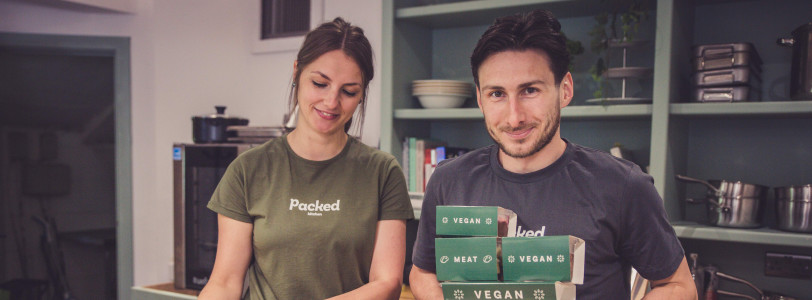

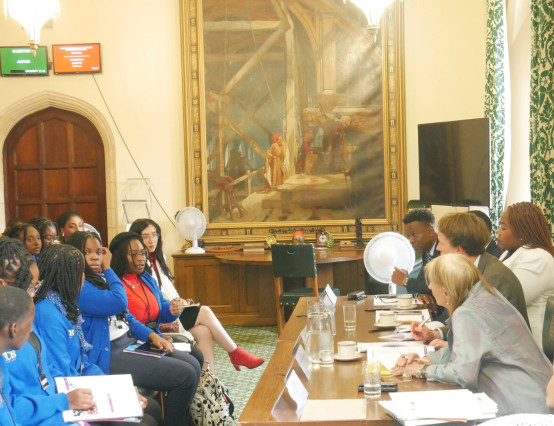




0 Comments